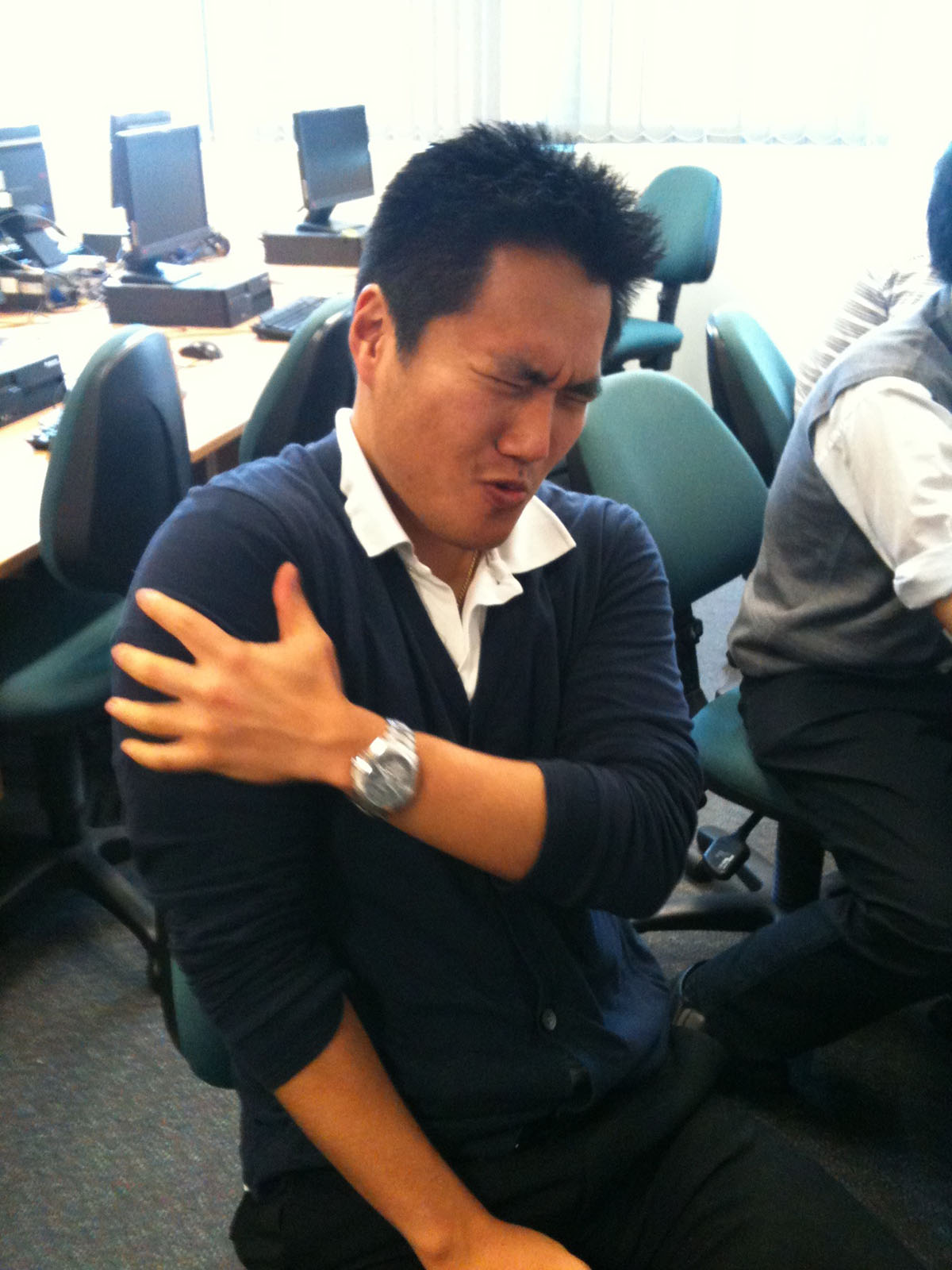
Myalgia is a condition that features with muscle pain and it represents a symptom of many illnesses. Still, it most commonly occurs due to overuse or excessive stretching of a muscle or a group of muscles. Myalgia is also associated with many viral infections and if it lasts for a longer period of time it may point to the presence of metabolic disorders, nutritional deficiencies and chronic fatigue syndrome. Furthermore, myalgia may be a side effect of many medications. It is not good to leave the symptom and neglect it especially if it lasts long or is rather intensive. And it is no good to take any medications in order to reduce the pain prior consulting a doctor. The doctor will identify the underlying cause and recommend suitable treatment.
Symptoms of Myalgia
Myalgia is a symptom per se. Still it may vary according to the intensity and location of the painful muscle/ muscles. Myalgia may be in a form of headaches, it may cause problems with swallowing, impaired vision and it may also be responsible for numbness in the face or other body parts.Majority of patients can identify the precise painful muscle. In cervical myalgia apart from pain in the cervical muscle the patients also complain about intermittent headaches and heaviness of the head. If myalgia affects the heart muscles the patient may suffer from irregular heart beat and there is a great risk for heart arrest. If respiratory muscles are affected there are breathing difficulties.
Causes of Myalgia
As mentioned before, the main cause of myalgia is tension or stress caused by an injury or excessive use of the affected muscle/ muscles. The pain in muscles is also a consequence of many diseases such as viral infections, dermatomyositis, malaria, pyomiositis, leptospirosis and rheumatic fever. And finally, myalgia may also be a side effect of certain medications such as clofibrate, hydroxychloroquine, chloroquine, carbinoxolone etc.
Treatment for Myalgia
The best possible thing to reduce the pain in the effected muscle/ muscles is to treat the underlying cause. So, after the doctor has identified the actual cause and prescribed specific treatment the pain should alleviate. However, there are several things one can do to induce the process of recovery. The patients are advised to take plenty of rest. Furthermore, depending on the underlying cause the affected muscle/ muscles can be treated with cold or warm compresses. The pain may be also relieved with a warm tea spoon of mustard oil which is massaged into the skin. And finally, a consultation with physical therapist will be of great help since certain exercises may be very effective in elimination of pain.


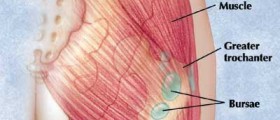

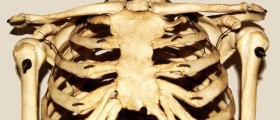

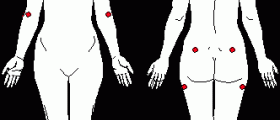



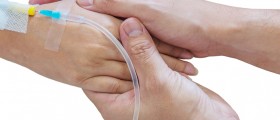


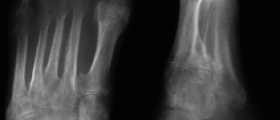


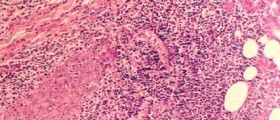
Your thoughts on this
Loading...